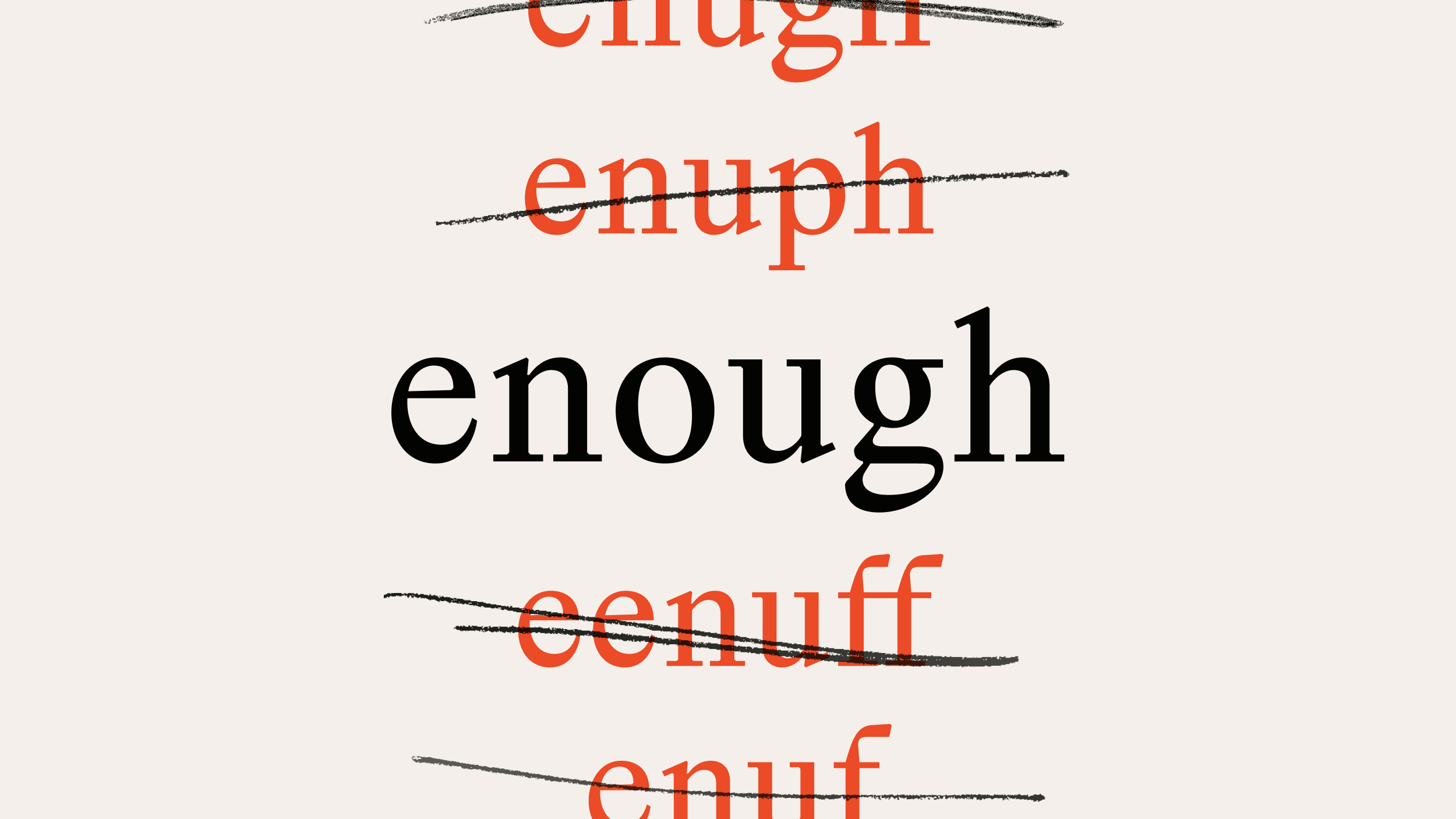Gatsby and Seduction

When Sting sang “Young teacher/the subject/of school-girl fantasy,” it may well have been that he was thinking about an English teacher in a certain place and time, having been one himself. Whatever the subject, it’s a classic dynamic. Dangerous, yet educated; illicit, yet not wholly unnatural. Are the teachers responsible? Are there metrics for judging? On the Paris Review’s website, Sarah Fay’s blog post presents a sort of professorial apologia pro vita sua, wherein the responsibility lies less in faith or seduction, but rather in the love of a book—of Gatsby, in particular.
Fay’s post is titled, “How effective is it to use literature to seduce men?” Here is an excerpt:
[Gatsby]’s a novel I love, one I teach to literature students twice a year.
And really, what had this guy done? I wasn’t Daisy and he wasn’t Tom Buchanan. He was just a guy who liked to flirt and send lots and lots of text messages laden with sexual innuendos late at night, just one of the many Americans who thought about writing a memoir and wanted to talk to “a real writer” about it. Was I really going to break his newly found literary spirit? Wouldn’t I be better off delving into Fitzgerald’s rich text for the right reasons?
No, I would not. I walked into the lecture hall packed with aspiring writers wanting to know how novels work. The guy was in the fifth row innocently reading the newspaper. I was the one who had convinced him to read Sinclair Lewis’s Main Street and then meet me “for strawberries” to discuss it. I was the one who told him he should read Hemingway and then invited him to go for a walk because I really wanted to know what he thought of Papa.
And he wasn’t the first. There was the filmmaker who wanted to read more poetry, the luthier who was curious about novellas. I don’t know when I started using literature to seduce men, but my bookish attempts to entice were starting to make me feel desperate and unclean.
I delivered my vengeful Gatsby lecture. But every time I caught the guy’s eye, I started to feel a lot like Tom with his $300,000 pearls. Wasn’t I just trying to bribe men hungry for something to read? And what would happen when and if the guy reciprocated? How could I deliver book recommendations for an entire marriage? Wouldn’t he, eventually, see right through me—just as Daisy had with Tom? And wouldn’t I, like Tom, eventually stray to fill my need to entrance someone who had never read a personal essay?
Her existential dilemma is resolved—or, at least, advanced—as the student asks her out via text after class. Was it worth it? We aren’t told. Was the anticipation of literature’s failure in seduction (or, even, in marriage) warranted? We cannot know. What we cannot determine in a character’s motive is an echo. We know it.
This is why we might care: we all want love. We all want to believe in the possibility of something that lasts, and of someone who will love us enough for the things that we love. For this kind of love, ideally, we would need nothing more than ourselves. We would not need necklaces. We would not need brilliance. And we certainly would not need a deep knowledge of literature.
The one intimacy that is never an illusion is the one between reader and writer when the story catches hold.





